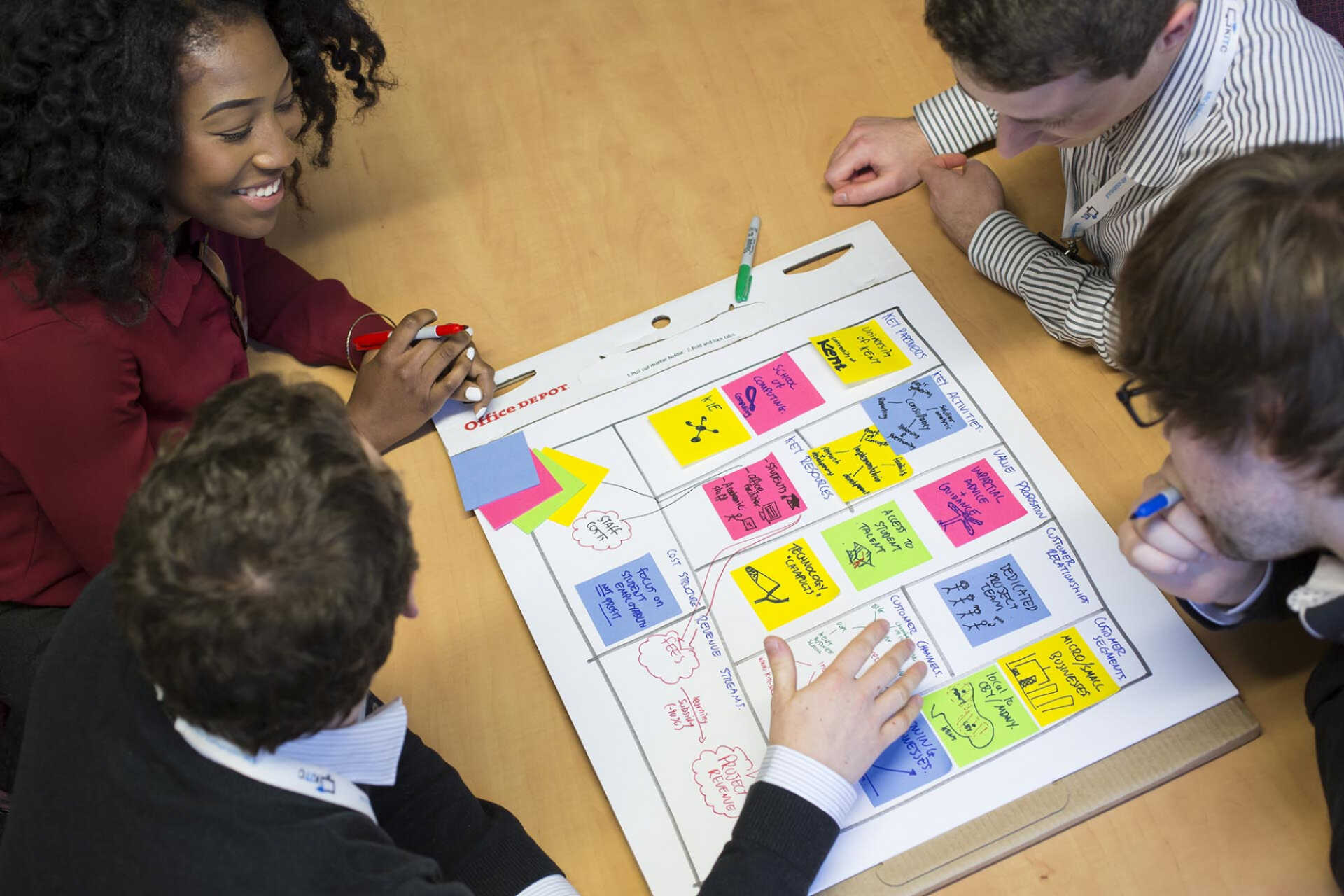
At Kent, building your career is not about waiting for graduation, it’s about what you can do right now. Amazing things lie ahead of you. We're here to help you achieve them.

Be rewarded for your active engagement in co-curricular activities and work experience.

Extra- and co-curricular activities to boost your employability and enhance your student life.

Develop your creativity and expand your knowledge with free short-term, non-credit-bearing courses.

Develop your language skills, make global contacts and enhance your employability.

A placement is a great way for you to get a glimpse inside a company, industry, or a particular occupation.
Discover if the career path you have chosen is right for you; hone your 'soft skills' and learn to work well with others; and to enhance your future employment prospects.
Reaching your potential at Kent goes beyond getting a great degree. We offer an array of opportunities to develop your skills and confidence, setting you up for success.
Short courses in computing, languages, business, bookkeeping and learning to drive can help to make you more employable.
Time management skills are valuable in job hunting and other aspects of life: from revising for exams to working in a vacation job.
All employers are keen to recruit graduates who are able to cooperate, solve problems alongside others, and work in teams.
Effective spoken communication involves expressing your ideas and views clearly, concisely and confidently.
Leadership involves motivating and directing others, taking responsibility for a team, setting objectives and more.
Which career should you choose? Which university should you go to? Which course should you study?
Develop your interest in business and gain an understanding of the wider environment in which an organisation operates.
If you want to brush up your language skills – or learn another language from scratch – where should you start?
Learn how to convince others to take appropriate action and discuss and reach a mutually satisfactory agreement.
We all solve problems on a daily basis: in academic situations, at work and in our day-to-day lives.
Communicate with others in a clear and direct manner, and learn how to be persistent and determined.
Employers actively seek out graduates who can adapt to changing circumstances and embrace new ideas.